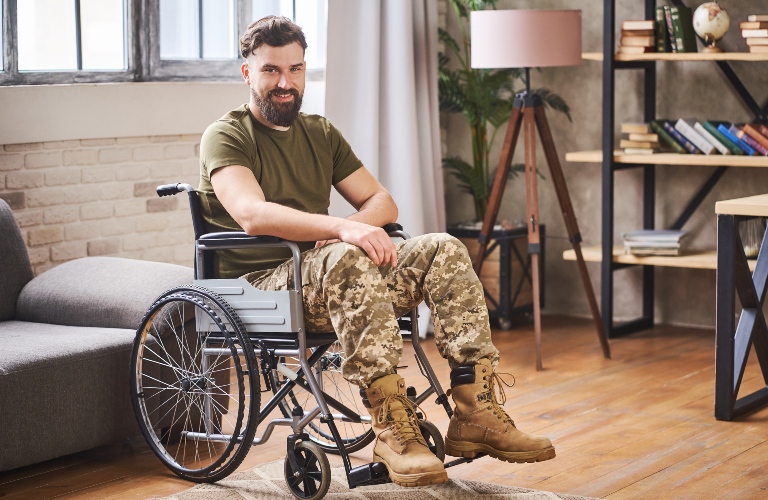The strength of medical evidence in a veteran’s VA disability benefits claims represents one of the most essential factors in determining whether a veteran will have their claim approved by the VA. Sometimes, a veteran may present sufficient evidence of a medical condition, service connection, or severity of a condition to invoke a legal doctrine called the “benefit of the doubt” rule, which provides veterans an advantage in proving their eligibility for VA disability benefits.
Understanding the “Benefit of the Doubt” Rule
The “benefit of the doubt” rule arises under 38 U.S.C. §5107(b). This statute creates a legal rule that states that when the supporting and contradicting evidence regarding any issue in a VA disability claim balance each other out, the Secretary of Veterans Affairs must give the benefit of the doubt to the claimant. Thus, when the evidence makes it neither more likely nor less likely that a claimant has met some element of a VA disability claim, the VA must find in favor of the veteran on that element.
When Does the Rule Apply?
The benefit of the doubt rule applies after the VA has received and reviewed all evidence in a VA disability claim. Furthermore, a veteran must have presented an overall plausible disability claim to apply the rule to determine some element of the claim.
Common examples of when the VA may apply the benefit of the doubt rule include:
- Conflicting medical opinions from a veteran’s treating provider and the C&P examiner
- Inconclusive service records regarding whether an in-service event occurred
- Lack of official or medical documentation competing against credible lay testimony from the veteran or buddy statements
How the Rule Can Affect Your VA Claim?
The rule may enable you to obtain approval for disability compensation even though your application does not provide a clear picture of whether you have established each element for eligibility for benefits. Thus, the rule makes it critical to present all available compelling evidence in your disability benefits claim. A strong enough evidentiary record may raise your claim to the level where you can invoke the benefit of the doubt rule to secure approval for disability benefits.
Furthermore, the benefit of the doubt rule can also provide grounds to appeal an initial denial of your claim when the claims reviewer acknowledges that the evidence for and against an element of your claim balance each other out, but the reviewer fails to apply the rule and instead finds against you on that element. Because the rule requires the VA to resolve reasonable doubt in favor of a veteran, you might succeed on appeal by showing that the record neither disproves nor conclusively proves your claim.
Tips for Strengthening Your Claim

You can strengthen your VA disability benefits claim to take advantage of the benefit of the doubt rule if necessary by:
- Submitting all relevant medical and service records
- Obtaining and submitting buddy statements from fellow servicemembers, commanding officers, employers, and family members
- Seeking expert opinions, including nexus statements from medical providers, or obtaining an independent medical examination
Furthermore, veterans can work with an experienced VA disability benefits attorney to assert the applicability of the benefit of the doubt rule, especially when appealing an initial denial of a disability benefits claim.
Contact a VA Disability Lawyer Today
When you’ve filed a VA disability benefits claim, you may qualify for disability compensation when the evidence for and against your claim balances each other out. An experienced VA disability attorney can advocate for your right to benefits when the evidence balances out or tips in your favor. Contact Coskrey Law today for a free initial consultation to learn how the “benefit of the doubt” rule can affect your VA claim.


